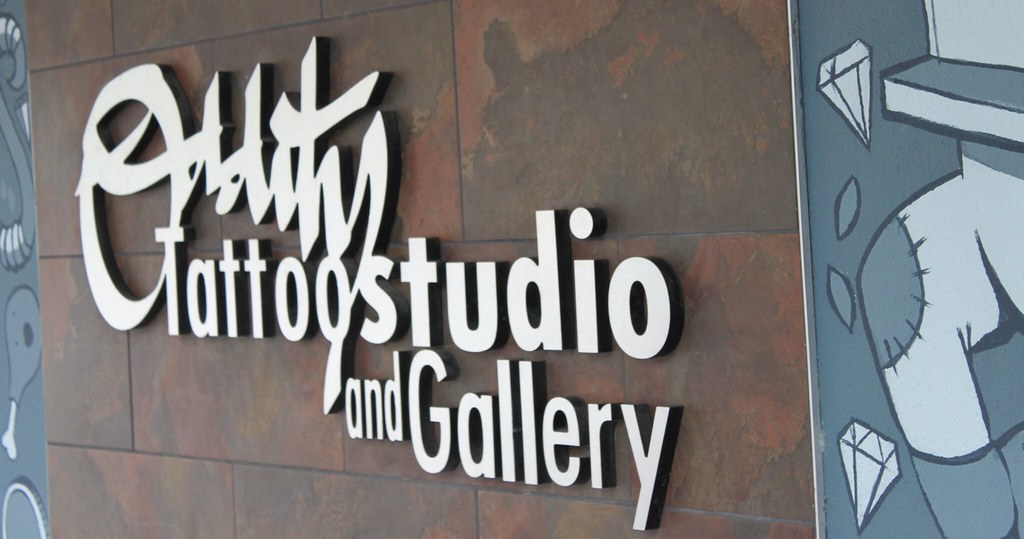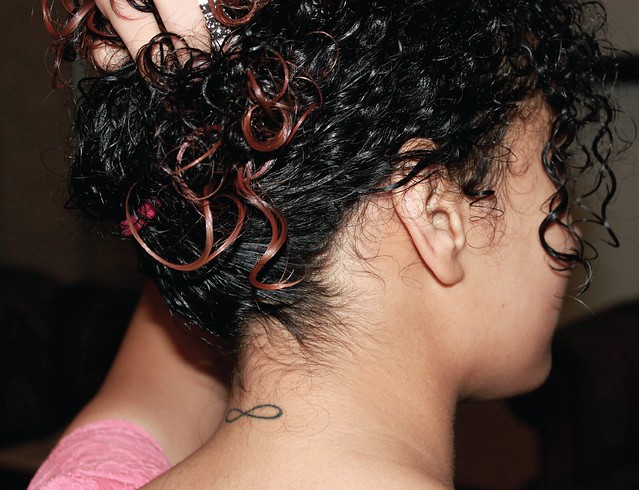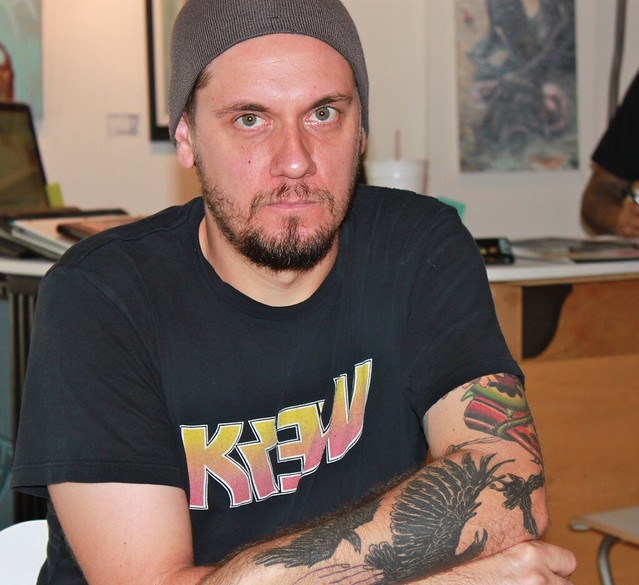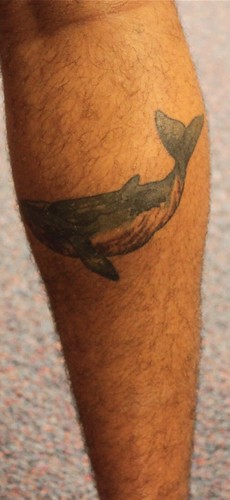
A 24-hour waiting period for tattoos and other body modifications was recently proposed by the District of Columbia Department of Health. This would mean that clients would need to wait a full day before being able to receive a tattoo or body piercing. The regulation is part of a 66-page proposal that aims to allow the District of Columbia (D.C.) to protect public health and safety in regard to body art.
The new provisions would add to legislation passed in D.C. last year that mandated tattoo artists and piercers
be licensed and working out of a registered tattoo parlor, formal health standards be met, and anyone under 18 be officially prohibited from getting a body piercing or tattoo. Similar regulations were passed in Florida last year, and many believe a 24-hour waiting period is overkill.
“People have a certain amount of agency and they can make their own decisions,” second-year Kelsey Roman said. “If you want to get a tattoo that you are going to regret, that’s on you.”

Roman was tattooed earlier this year on South Beach in Miami after a night of partying. Roman explained that she had been walking down the beach at 5:00 am with a couple of friends and $50. Since nothing else was open at that time, Roman decided to go to a tattoo parlor and get an infinity symbol on the back of her neck.
“I don’t regret it,” Roman said. “It’s about the spontaneity of the moment.”
Roman explained that although she had been drinking, she had considered getting the tattoo for a long time and when she found the money that morning she thought it was destiny. Roman said that if she had had to wait 24 hours to get the tattoo the experience would not have been as beautiful.
Najma Roberts, a spokesperson for the D.C. Health Department, told The Washington Post that the waiting period would prevent regret by deterring people from making decisions about body modification while under the influence of alcohol or other substances.
“We’re making sure when that decision is made that you’re in the right frame of mind,” Roberts said. “And you don’t wake up in the morning saying, ‘Oh my God, what happened?’” Michael Crea, the owner of Z-Edge Tattoo and Body Piercing in Sarasota said in a phone interview that a 24-hour waiting period would definitely affect his shop’s business.
Z-Edge has been open for almost nine years and Crea has been tattooing for 16.
Crea explained that since Sarasota is a tourist destination, many clients come to the shop on the last day of their trip to get tattooed. Those customers would not be able to get work done if there was a 24-hour waiting period.

Clients must sign a release form saying that they are not under the influence of drugs or alcohol before getting any kind of body art done at Z-Edge.
“We do not tattoo visibly drunk people,” Crea said. The client cannot properly consent to a tattoo while inebriated and the tattoo will not look good because alcohol thins blood.
“Clients are walking billboards for our tattoos’, Crea added.

Danielle Craft, who has been working at Z-Edge for two years, explained that when a client is drunk they bleed more. The tattoo artist then has to constantly wipe away blood and the ink will not hold well.
Thesis student Jonah Santiago got a tattoo this past March at an academic conference in Portland, Ore. Santiago said that he decided to get a tattoo on one of the last days of his trip, called the shop and got the tattoo done a couple of hours later.
Santiago said that he had to sign a consent form that affirmed he was not drunk or under the influence of substances.
“What do you care if somebody has a regret in the future about getting a tattoo?” Santiago said.
Santiago explained that if there were a waiting period he would not have been able to commemorate his trip to Portland with ink before flying back to Florida.
“People should take time to do the research,” thesis student Taylor Rothenberg said.
Rothenberg explained that if someone gets a bad tattoo it is on the person for not preparing thoroughly enough.
On Sept. 17 Rothenberg went to Webber Street Tattoo Company on North Tamiami Trail and got a free tattoo as part of a promotion called Free Tattoo Tuesday.
Rothenberg said that she saw the tattoo design on Facebook Monday night and went in the next day to get the tattoo done.
“Yesterday, I got paid and I learned that I had gotten a raise and I was like ‘I’m gonna do it’,” Rothenberg said.
Rothenberg added that a 24-hour waiting period would inhibit walk-in promotions, like the one she took advantage of, and would prevent tattoo artists from promoting their work.
Matt Helmer, a tattoo artist at Oddity Tattoo Studio and Gallery in downtown Sarasota, has been tattooing for five years and has a different view on the possible new regulation.
“I wouldn’t be affected that much. Most of the tattoos I do are by appointment,” said Helmer.
Helmer said Oddity also has consent forms that clients must sign stating they are not under the influence of drugs or alcohol. Since there are already regulations and most tattoo shops already have consent forms, Helmer said he does not see why there would be a need for a waiting period.

Third-year Hannah Gilbert got her tattoo last year at Rise Above in Orlando. She said that she had her tattoo planned very much in advance and had a consultation with an artist weeks ahead of actually getting the tattoo. Gilbert said she thought a 24-hour waiting period is potentially a good idea.
“I think it’s reasonable to encourage people to wait or think about it for 24 hours, but I don’t think it is something that needs to be a law,” Gilbert said.
Although the response to D.C.’s proposed 24-hour waiting period has been generally negative, reaction to past regulations has been positive.
Craft said that before body art was regulated last year, licensed tattoo artists had to compete with unlicensed artists called “scratchers” who often give tattoos in homes or other unregulated places. Now unlicensed tattoo artists can be fined thousands of dollars.
Getting tattoos by an unlicensed artist increases a client’s risk for blood transferable diseases like human immunodeficiency virus (HIV) and hepatitis because “scratchers” often do not have professional experience and do not sterilize their equipment properly.
The 2012 laws also mandated that tattoo shops be registered with the Department of Health and pass an infection safety exam.
The proposal in D.C., which may be revised, has yet to be passed into law, and although there is precedent in Greenwich, N.J. and two Wisconsin municipalities, D.C. would be the largest city with a waiting period.
Regardless, many Sarasota tattoo artists and inked New College students do not believe that preventing tattoo regret should fall under the government’s jurisdiction.
